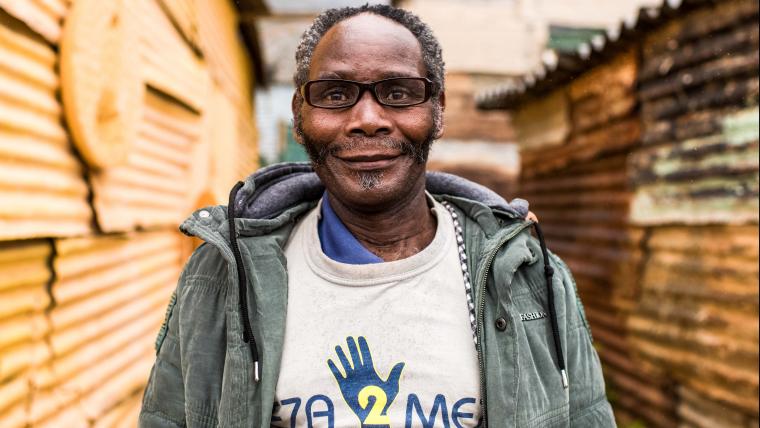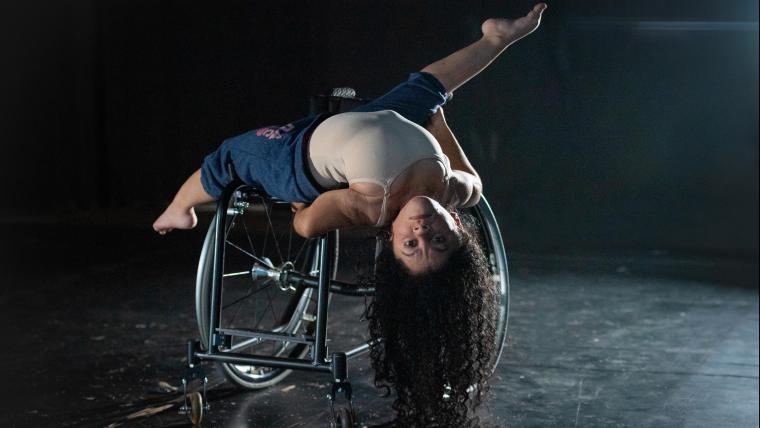
“In jazz, there was life.” The pianist speaking through the keys
Dissatisfaction is part of being an artist. Good isn’t enough. The question remains: how can I improve? Jazz pianist Kyle Shepherd knows the feeling all too well. He has performed in 18 countries, won the Standard Bank Young Artist Award, played in Carnegie Hall, released numerous albums, and composed for films – but he’s still improvising.
“The more you play the more critical of yourself you become,” Shepherd says. It’s an inescapable aspect of his identity. But it’s part of why music is so fulfilling. When Shepherd first sat in front of a piano he hated it. He felt like he was being forced. By the end of high school, after training in classical violin, Shepherd didn’t think he would continue with music. Then Abdullah Ibrahim entered his life. While Shepherd’s mother, a violinist herself, was working at Ibrahim’s music school, he listened to Ibrahim speak and perform. Shepherd found himself at home, and turning back to the black and white keys he once so despised. “When I was playing classical music I could never really be myself,” Shepherd says. “In jazz, there was life. I was always chasing my last best performance or composition.”
While the young musician has proven himself to be at the forefront of South Africa’s contemporary jazz movement, it’s still a niche scene with a small audience. But Shepherd knows the music comes from within. “When I play music, I feel incredibly free,” he says. “Especially when I’m improvising and playing jazz, I feel like I’m really connecting to something – maybe you could call it spiritual.” He’s now helping young South Africans discover their own inner scores. By running workshops and mentoring the youth, he’s spreading the melodies of jazz to future improvisers. Already Shepherd has seen the vibrancy these students hold, and the eagerness they have to play. “Music is invaluable,” he says. “It is the one language we all understand.”






























Please sign in to leave a comment